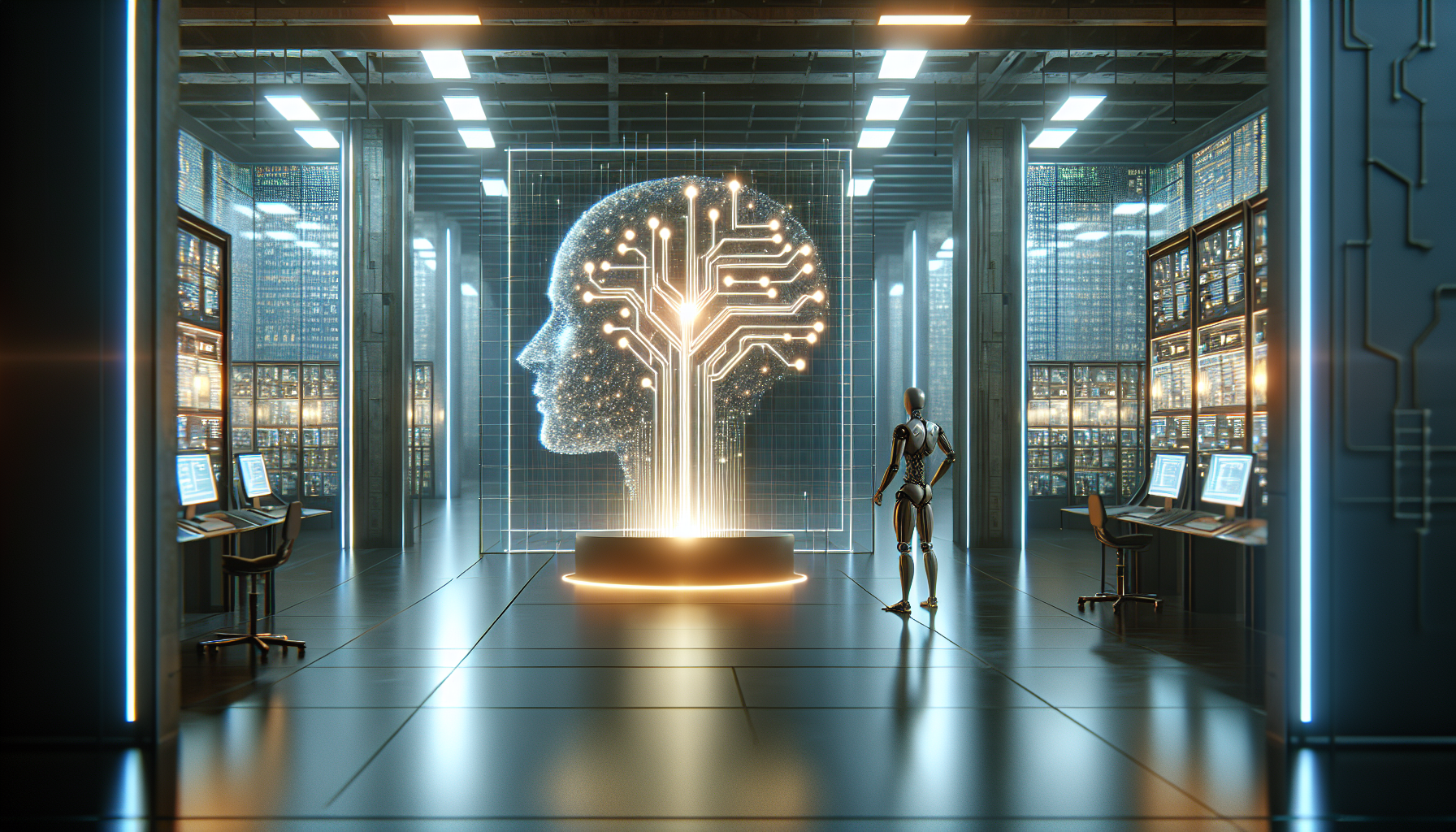
AI in Entertainment: Transforming How We Experience Media and Gaming
May 7, 2025
Have you ever watched a movie or played a game and thought, "This couldn't get any better"? Well, think again. Artificial Intelligence is not just a buzzword; it's a transformative force reshaping the entertainment industry in ways that might surprise you. From enhancing storytelling in films to personalizing gaming experiences, AI is the unseen genius behind the scenes.
Let's start with the movies. Imagine watching a film where the storyline adapts based on your reactions. Sounds like something out of a sci-fi flick, right? Yet, AI algorithms are making this a reality. By analyzing viewers' responses in real-time, filmmakers can tweak narratives to make them more engaging. It's like having a director who knows your tastes better than your best friend. This kind of personalized storytelling could redefine how we consume media, making each viewing experience unique and tailored.
In the realm of gaming, AI is taking center stage, and not just as a background character. Remember the NPCs—the non-playable characters—we often ignored or defeated without a second thought? They're getting smarter, learning from players' strategies, and evolving to provide more complex challenges. This isn't just about making games harder; it's about creating worlds that feel alive and responsive. When your in-game decisions lead to unexpected consequences or new story arcs, it adds a layer of immersion that's hard to beat.
But AI's role in entertainment isn't just about enhancing our experiences; it's also about democratizing content creation. With AI-driven tools, aspiring filmmakers and game developers with limited budgets now have access to capabilities that were once reserved for big studios. From scriptwriting bots that generate plot ideas to AI engines that assist in character design, the barriers to entry are lowering. This could lead to a more diverse range of voices and stories reaching audiences worldwide.
Of course, with great power comes great responsibility. As AI grows more sophisticated, ethical considerations become paramount. How much control should we relinquish to algorithms? In gaming, for instance, there's a fine line between creating an engaging experience and manipulating players into spending more time or money. Similarly, in film, the idea of AI-driven narratives raises questions about artistic integrity and the potential for homogenized content. If AI is shaping what we watch based on previous preferences, are we missing out on the new, the unexpected, and the challenging?
Moreover, there's the issue of data privacy. For AI to personalize experiences, it needs data—lots of it. This raises concerns about how our information is collected, stored, and used. Are we trading convenience and entertainment for privacy? It's a conversation we need to have as AI continues to weave itself into the fabric of our media consumption.
Yet, despite these challenges, the potential benefits of AI in entertainment are hard to ignore. Imagine games that adapt to your skill level in real-time, offering a perfectly balanced challenge every time you play. Or films that understand your emotional responses, providing a more profound, personalized experience. These aren't just pipe dreams; they're on the horizon, and they could change how we perceive art and entertainment.
As we stand on the brink of this AI-driven entertainment revolution, it's essential to consider what we want from our media. Should it be a mirror that reflects our preferences, or a window that opens us to new perspectives? The answer might not be straightforward, but it's worth pondering as AI continues its march into the heart of the entertainment industry.
So, next time you sit down to watch a movie or pick up a game controller, take a moment to think about the invisible hands of AI at play. Are they enhancing your experience or nudging you in a particular direction? And as AI continues to evolve, how will it shape not just our entertainment, but our understanding of creativity itself?


